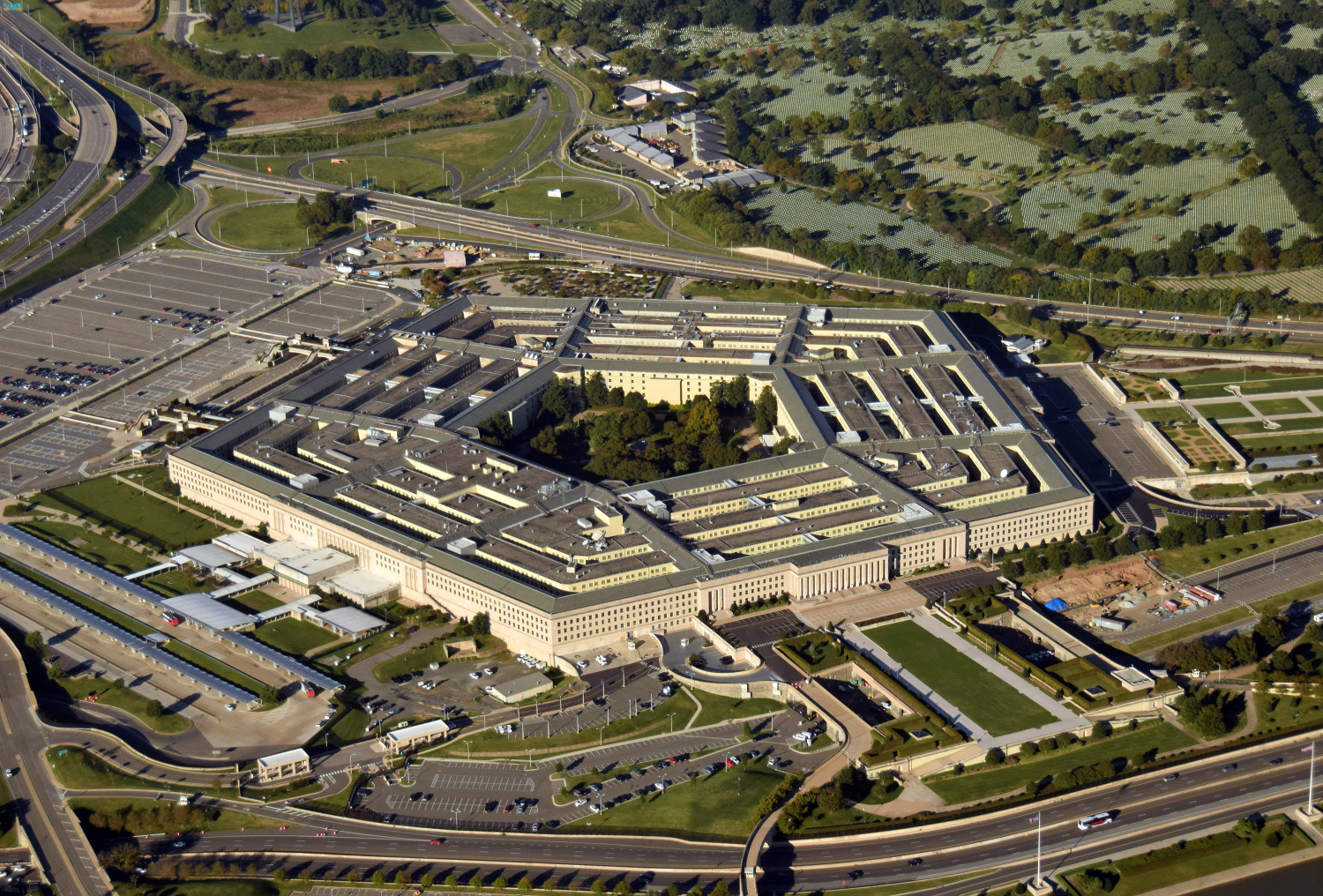Trump Says Pentagon Cloud Contract Is Fueling Many 'Complaints'
President Trump told the press in a White House conference that he is thinking about looking into the Joint Enterprise Defense Infrastructure (JEDI) contract, a deal that will award up to $10 billion to the public cloud services provider selected for the U.S. federal government's Department of Defense (DOD). Currently, Amazon and Microsoft are the remaining potential candidates. However, Trump said he has received many complaints, including from Microsoft, about how the JEDI candidate selection process has worked so far.
Who Will Be the Last JEDI (Winner)?
As reported by CNBC, the White House press conference, President Trump said that the JEDI contract has been highly controversial.
“I never had something where more people are complaining. Some of the greatest companies in the world are complaining about it," he said.
He then named IBM, Microsoft and Oracle as the biggest organizations that have complained.
IBM told CNBC: “IBM has long raised serious concerns about the structure of the JEDI procurement. We continue to believe that the Department of Defense and our men and women in uniform would be best served by a multi-cloud strategy.”
The JEDI contract was supposed to be awarded in September 2018, and at the time it looked like Amazon would be the clear winner. However, because the other candidates started complaining about the whole selection process, the Pentagon delayed the picking of the winner. The Pentagon has now said that the winner would be revealed next month.
Amazon vs. Microsoft
In April, the DOD ruled out both IBM and Oracle, leaving Amazon and Microsoft as the only two candidates standing. At the time, a DOD spokesperson said Amazon’s AWS and Microsoft were the only two companies to meet the minimum requirements.
Get Tom's Hardware's best news and in-depth reviews, straight to your inbox.
The Pentagon has made it clear from the start that it intends to award the $10 billion contract to a single company. That is also when much of the criticism started appearing, as many believe that the government shouldn’t be locked-in to a single cloud services provider for decades to come.
Microsoft has been providing the U.S. government with products and services for decades, while Amazon has started expanding its business into covering government contracts in the past few years. However, Amazon is the largest public cloud services company by far, which gives it an advantage in the JEDI selection process.
Amazon has also been much more eager to sell its facial recognition technology to law enforcement agencies and police departments, despite issues with it working properly. Meanwhile, Microsoft has preached caution around facial recognition and has even argued for regulation.
All of these factors will likely play a role in the ultimate decision, as well as others, such as specific certifications their products and services may require in order be approved for government and especially military-related work.
Amazon once again is leading here, too, but on the other hand, those certifications haven’t done much good in the past, when its default settings for AWS S3 storage has caused the Pentagon to leak surveillance data on billions of Internet user posts. Even after some feature changes following this incident, we still see many companies failing to properly secure their AWS S3 buckets. Amazon’s customers may deserve some of the blame here, but in the end defaults matter a great deal, and AWS S3’s track record on this issue hasn’t been that good.
After all the accusations that Amazon may undeservedly get the JEDI contract, and with Microsoft catching-up on some certifications lately, Amazon may no longer be the clear winner. However, it’s also too soon to know whether or not the government will award the contract to only one of the two companies or will split it in two among the two companies.
Lucian Armasu is a Contributing Writer for Tom's Hardware US. He covers software news and the issues surrounding privacy and security.
